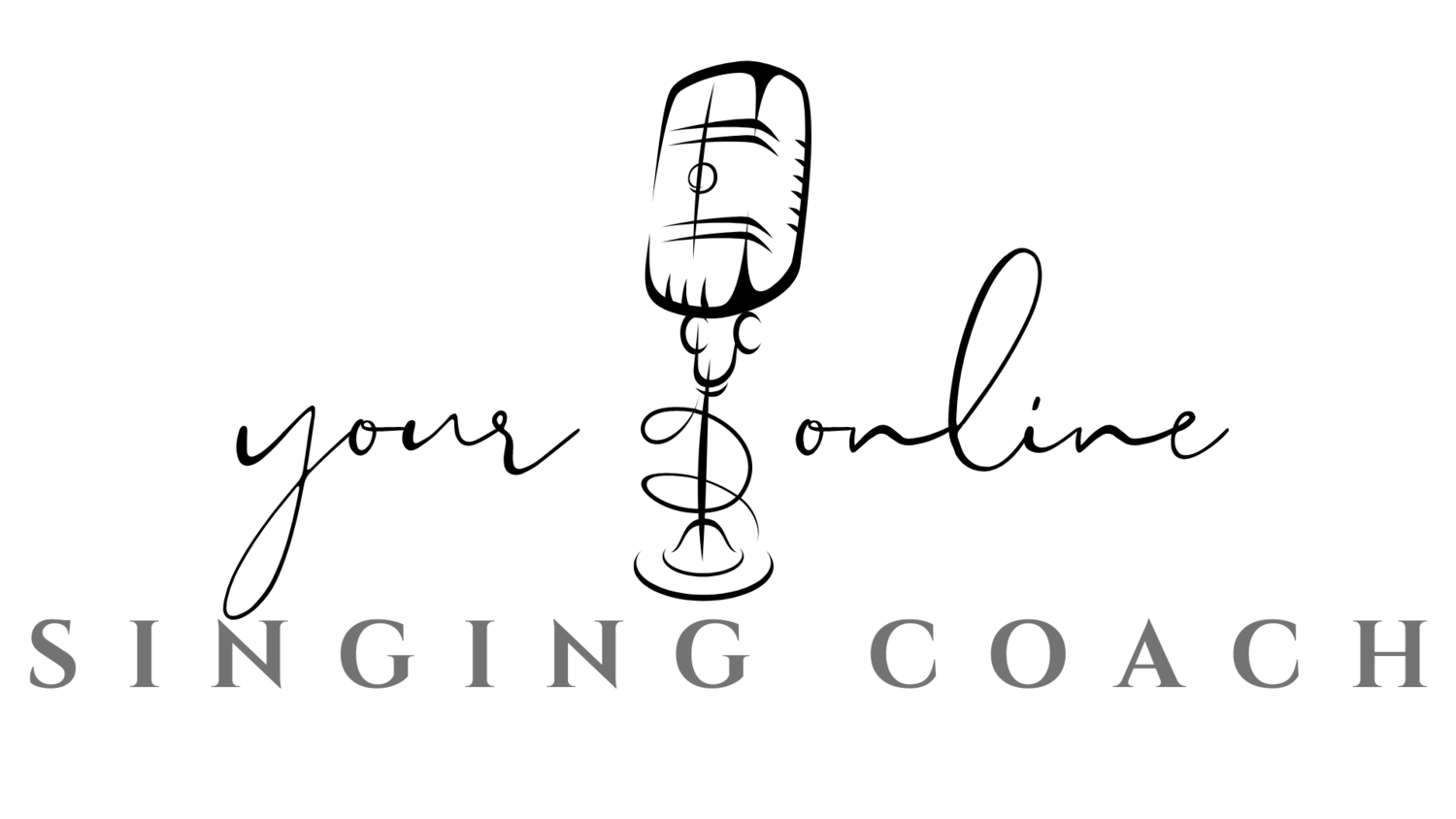Why sing?
For many of us, we don’t even know why we sing - we just know “it feels good,” or “it makes me happy,” and that’s enough. Scientific research backs these feelings up - endorphins are released when we sing, and studies show that serotonin and dopamine levels increase when we sing in a group. Have you ever noticed your stress level and anxiety decreases after you have been singing? That’s partly due to the deep breathing required for a supported tone when singing. That deep breathing not only helps you sing better, but it promotes a more relaxed state of mind while simultaneously sending more oxygen into the body’s blood flow, improving circulation. Sign me up, please!
But guess what, there is more!
It improves your posture. Learning and engraining the act of standing tall automatically makes you look more confident.
Singing not only teaches you to look more confident with your excellent posture, it actually increases your confidence, too. Singing in front of people - and even imagining you’re singing in front of people - and receiving that applause or praise afterwards can be a real boost to self-confidence. One of my favorite moments in lessons with new singers is when they say to me, “I can’t sing that high,” and about ten minutes later they’ve discovered they sing a full octave or more higher than they expected. Even the act of learning and “conquering” a challenging song, whether it is ever performed in front of anyone or not, leaves singers with a sense of accomplishment over and over again.
It burns calories - ok, not tons of them, but it sure is easier than crossfit! A 150 pound person will burn about 140 calories an hour singing while standing up. Bonus calories are burned for singing opera which requires more breath and stamina. And even more bonus calories for Musical Theater where you might be simultaneously singing and dancing.
It improves academic performance. There are numerous studies about the connection between higher test scores in English, Math, and Science, and being a musician (singers included!)
Singing improves concentration. Music engages areas of the brain linked with paying attention and updating memory. With singing particularly, your whole body is your instrument so it requires a lot of focus to sing - you’re thinking about breath, opening your mouth, finding the placement, controlling the volume, your use of vibrato, reading notes on a page, actively listening to your musical accompaniment while singing along to it, thinking about dynamics, rhythm, facial expressions, the list goes on and on.
It creates a sense of identity, purpose, and community! Being a singer puts you in a very special group of people, and you know it - high fives! ;) Joking aside, If you sing in any group setting, like a choir, you literally have a community to connect with and grow with through music. Also, singing allows for a very high level of self-expression - the songs you choose to sing, your vocal style, the way you physically communicate the song through facial expressions, etc, and even the clothes you wear for performances all help us to say, “this is who I am, and I own it.”
